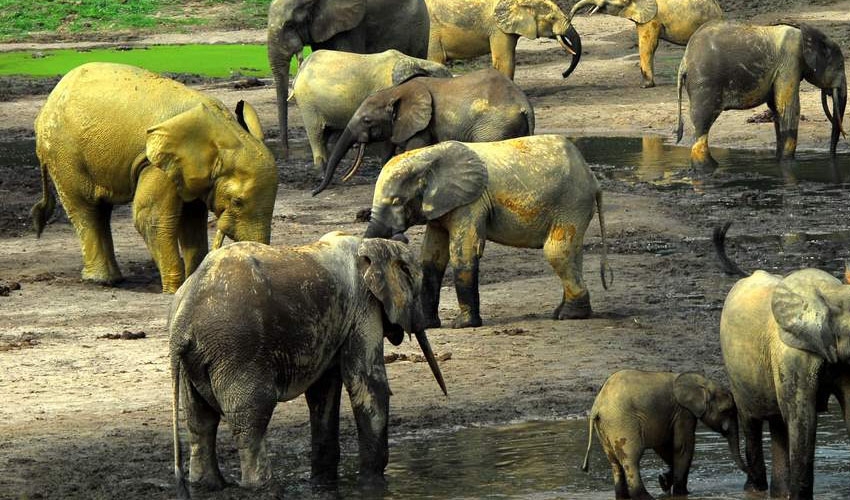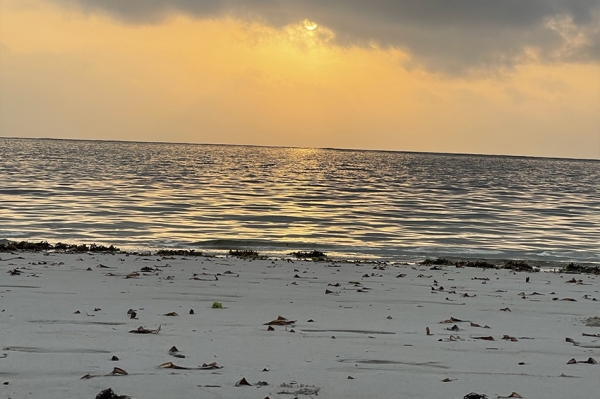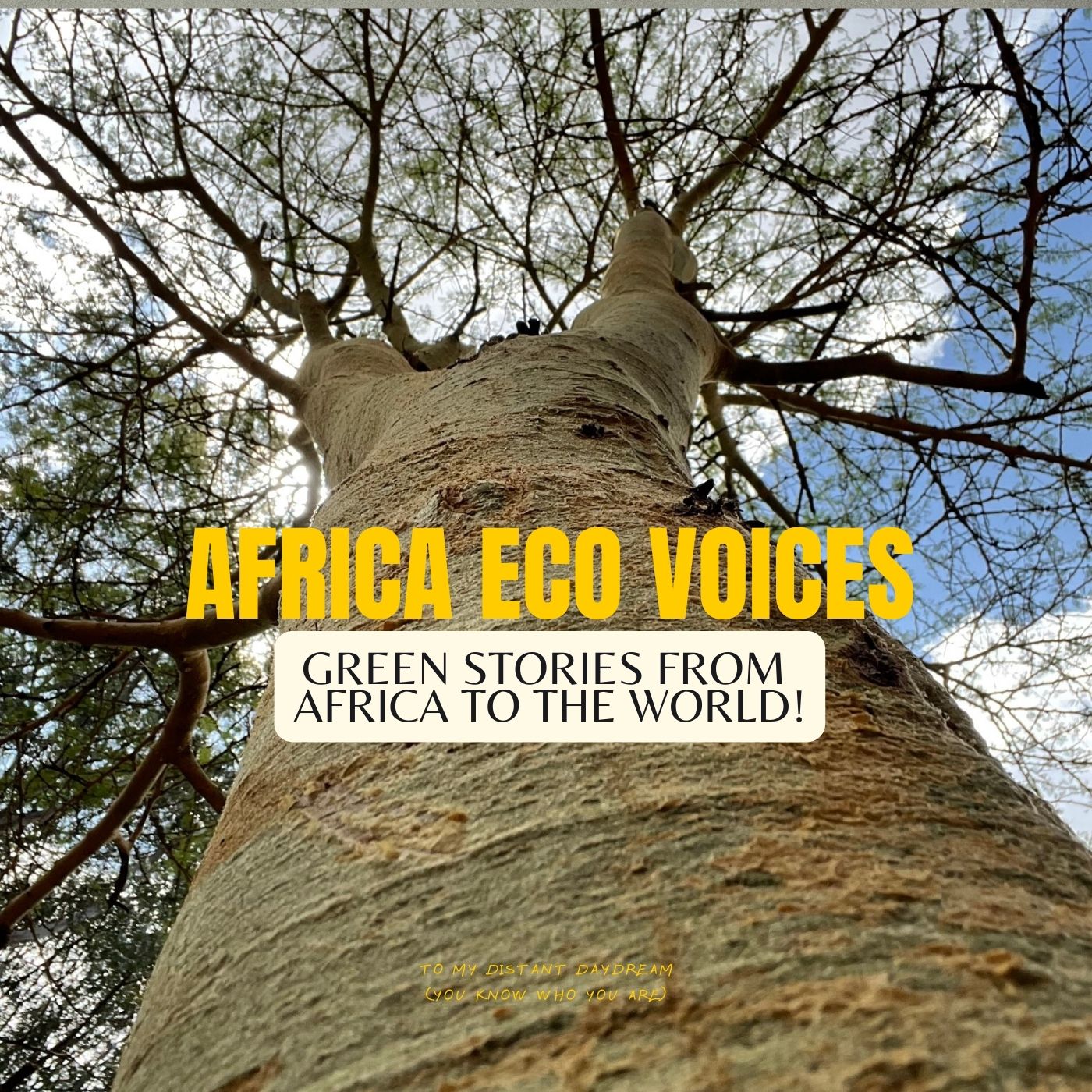Ensuring Ecosystem Restoration through Citizen Journalism
INTRODUCTION
Africa Eco Voices is a communications initiative that is anchored in the Pan African Action Agenda on Ecosystem Restoration for Increased Resilience. This project is being led by a partnership that brings together the Healthy and Productive Ecosystems Programme of the United Nations Environment Programme’s Africa Office, AUDA-NEPAD, Convention of Biological Diversity, Center for International Forestry Research, World Wide Fund for Nature, Birdlife International and Environmental Africa Trust.
Africa’s Eco Voices aims to foster citizen participation in monitoring and reporting on biodiversity and ecosystem conservation and restoration efforts, opportunities, and best practices across Africa. This Project’s communication products target a general audience that is not necessarily environmentally informed in order to steer them towards increased ecosystem and biodiversity awareness.
SPECIFIC OBJECTIVES
- Mobilize hundreds of citizen journalists across Africa to document best practices of Africa’s ecosystem restoration journey.
- Mobilize dozens of Eco Voices to ensure accurate and credible documentation of Africa’s ecosystem restoration journey.
- Inform and influence the upscaling of ecosystem restoration best practices.
ECO VOICES
Eco Voices are trained and experienced writers, journalists, communications experts or conservationists who will coordinate citizen journalists in their respective countries to craft ecosystem and biodiversity stories that will duly capture local ecosystem restoration perceptions, best practices, opportunities and solutions. These multi-media stories will be widely syndicated onto different online, print and multi-media platforms. They will also be consolidated into semi-annual ecosystem restoration anthologies.
Eco Voices will ensure that local community members are fully engaged in production of their ecosystems’ content. This participatory journalism will ensure that those local audiences can actively consume completed stories. Furthermore, it will ensure that local voices are blasted to national, regional, continental and global audiences.
Eco Voices are competitively recruited as volunteers whose work is facilitated accordingly.
ECO VOICES ROLES
- Craft three-dimensional stories (text, audio and visual) on ecosystem restoration.
- Fully incorporate local voices into these stories
- Assist in recruitment of citizen journalists in hyper-local areas adjacent to ecosystems.
- Assist in training of citizen journalists.
- Source raw data and stories from citizen journalists.
- Conduct comprehensive research on ecosystems being covered by citizen scientists.
- Assist citizen journalists to undertake community science as and when the need arises.
- Conduct relevant interviews not just with community members but also with pertinent experts and leaders.
CITIZEN JOURNALISTS
Africa Eco Voices subscribes to the definition of Citizen Journalism as ‘The act of a citizen, or group or citizens, playing an active role in the process of collecting, reporting, analyzing, and disseminating news and information. The intent of this participation is to provide the independent, reliable, accurate, and wide-ranging and relevant information that a democracy requires. (Bowman & Willis (2003, p. 9)’. Citizen journalists will ensure substantive production of hyperlocal content about respective ecosystems across Africa. Given their local residences in respective localities, citizen journalists will be able to provide witness accounts not just in real time, but also in timely fashion.
In this regard, Africa Eco Voice citizen journalists will be identified and trained in environmental reporting of ecosystem restoration. They will be drawn from select local communities that border major ecosystem restoration projects across Africa.
QUALIFICATIONS OF BEING A CITIZEN JOURNALIST
- Proximity to a major ecosystem like a forest, river or rangeland.
- Ownership of a smartphone.
- Fluency in English, French or respective national languages.
CITIZEN JOURNALIST ROLES
- Mobilizing original ecosystem news from grassroots sources
- Tracking restoration progress
- Narrating anecdotal evidence of restoration progress
- Inventory of biodiversity species benefitting from restoration
- Inventory of increasing livelihood enhancement of local communities
EMPLOYING CITIZEN JOURNALISM FOR INCREASED COVERAGE OF ECOSYSTEM RESTORATION
The citizen journalists will primarily use a smartphone to cover their respective ecosystems. They will use the smartphone to undertake the following:
- Record audio interviews of community members.
- Record audio ambience sounds of ecosystems.
- Record videos of ecosystems.
- Record video interviews of community members
- Share the above via digital means like whatsapp to national eco voices
- Undertake participatory monitoring of respective ecosystems.
EDITORIAL PROCESS
- Citizen journalists will submit content to their respective national Eco Voices.
- The Eco Voices will organize that content into a cohesive multi-media stories that will fuse anecdotal evidence and scientific data.
- The Eco Voice will submit that multi-media piece to the Africa Eco Voice Editorial Board in Nairobi.
- The regional editorial team will conduct comprehensive editing then publish the stories in diverse online and offline media platforms.
- The Editorial Board will coordinate with Partners, Eco Voices, Citizen Journalists and a wide array of stakeholders to ensure widespread distribution of published stories.



